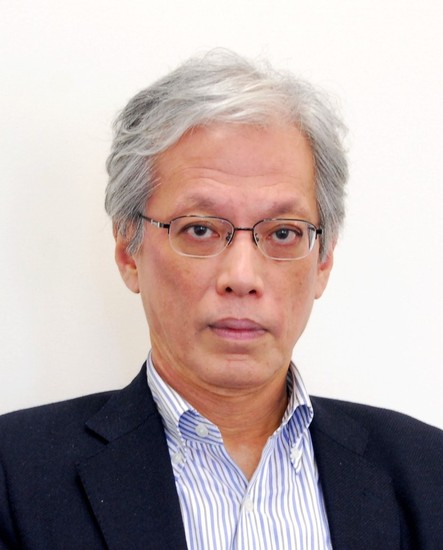Posted on : Jan.28,2019 18:31 KST
 |
|
Yamaguchi Jiro, professor of political science at Tokyo‘s Hosei University
|
Abe administration suspected of tweaking economic figures to promote “Abe-nomics”
 |
|
Yamaguchi Jiro, professor of political science at Tokyo‘s Hosei University
|
The biggest political issue in Japan at the moment concerns irregularities in monthly surveys on wage-related labor statistics. Even though complete enumeration surveys are required for large companies, officials at the Ministry of Health, Labour and Welfare (MHLW) have conducted only sample surveys. The result of this has been imprecise labor figures. Unemployment insurance benefits have consequently been less than the amount that should have been initially, which has led to the unusual situation of the Japanese government revising next year’s budget.
Last year, it was learned that the Ministry of Finance (MOF) falsified an official document in connection with the government’s illicit sale of state-owned land at a low price to a school corporation run by a figure close to Prime Minister Shinzo Abe. An MOF official was also found to have given a false response on the issue before the Diet of Japan. In its tolerance of falsification and forgery, the current Japanese administration system shows an unprecedented level of corruption.
The reason Joseph and Mary went to Bethlehem was for a census. (In the New Testament, the Gospel of Luke states that they returned to Bethlehem from Nazareth to participate in a census by the Roman Empire, and Mary gave birth to Jesus while in Bethlehem. The Gospel of Matthew claims that the two of them were already living in Bethlehem.) Accurate statistical surveys are a foundation for the state ahead of even democracy.
Rumors that the economic statistics were off began to spread after the Bank of Japan requested raw gross domestic product (GDP) data last November from the Cabinet Office (CAO). (The GDP figures shared by the CAO were secondary statistics combining various different data; the Bank of Japan maintains that it needs to review the figures starting with the primary statistics.) As the Abe administration has gone on, more and more criticisms began surfacing around the time the illicit sale of state land was learned about, with claims that senior officials have been currying favor with the administration’s nerve center for the sake of their own advancement and self-preservation.
Some have claimed that the rise in the percentage increase in wages since Jan. 2018 – a big deviation from trends up until the year before – has also been the product of falsified figures. Increasingly, people are suspecting that the Abe administration has willfully “tweaked” the economic statistics in order to claim that its “Abe-nomics” policies have been a success.
This is illustrative of the ways Japan has lost its substance as a modern state. An inwardly corrupt administration tends to be very active toward the outside. The more it fails to produce practical results with its domestic policies, the more it works to stir up nationalists sentiments toward others. The claims that a South Korean naval vessel targeted its radar on a Japan Self-Defense Forces aircraft have been actively made into a political issue by the Prime Minister’s Office. Late last year, Japan announced that it was withdrawing from the International Whaling Commission (IWC). It is impossible to imagine these decisions would further the national interests – but support for the administration tends to rise when it shows off its “resoluteness” to the public.
Indeed, various opinion polls in January showed a slight rise in the Cabinet’s approval ratings. This widespread, baseless feeling of superiority and disregard for other countries with different interests is reminiscent of the 1930s, a decade that saw the whole country tumbling down the path toward war. As a resource on modern history, I often reread the diaries of Kafu Nagai, a writer who was active throughout the 20th century. His accounts of the situation in Japan after the Mukden Incident in 1931 show parallels to the situation today.
On Jan. 22, Abe visited Russia for discussions with President Vladimir Putin to address the Northern Territories issue. (The “Northern Territories” are the four southern Kuril Islands of Kunashir, Iturup, Shikotan, and Habomai, which are the subject of a territorial dispute between Japan and Russia; the name reflects Tokyo’s position that they are Japanese territories.) But Abe never even mentioned the term “Northern Territories” in the two leaders’ joint press conference. In short, the summit yielded no conclusions or results beyond the message that the two sides are continuing to hold dialogue. When Japan adopts a hard line in its territorial disputes with China and Korea but cedes sovereignty to Russia, we can no longer talk about this as “diplomacy.” Abe has already reached the limits of this approach of going through the diplomatic motions.
By Yamaguchi Ziro, professor at Hosei University’s Department of Law
Please direct comments or questions to [english@hani.co.kr]










